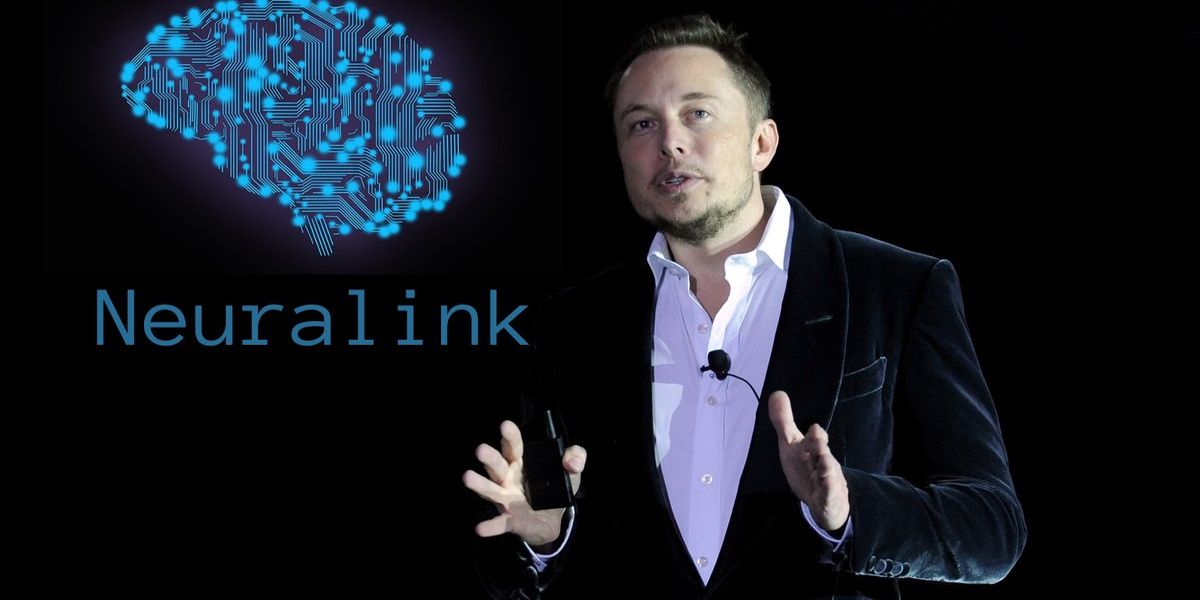In a landmark development that’s sure to ignite discussions on innovation and human capability, billionaire entrepreneur Elon Musk has announced a significant milestone achieved by his company, Neuralink. Their first human patient, implanted with a groundbreaking brain chip, reportedly faced no adverse effects and can now control a computer mouse purely with their mind.
This remarkable achievement, first shared on the social media platform formerly known as Twitter, marks a major step forward in the realm of neural technology. According to Musk, the patient has not only fully recovered from the implant procedure but has successfully harnessed the power of thought to manipulate a computer mouse.
“Progress is good. The patient has made a complete recovery with no ill effects that we know of and is able to move the mouse around the screen just by thinking,” Musk stated during a recent conversation.
Beyond mere cursor movement, Musk’s Neuralink is ambitiously working to enhance the scope of interaction that patients can have with digital devices. They aim to evolve from simple clicking to more complex actions like dragging and dropping items on a screen, thereby expanding the realm of possibilities for those with motor impairments.
Neuralink’s journey to this point began in earnest in September, when they announced the recruitment of human participants for a clinical trial. Specifically targeting individuals suffering from quadriplegia due to cervical spinal cord injuries or amyotrophic lateral sclerosis (ALS), the trial’s goal is to evaluate the safety of the brain chip and the efficiency of the surgical robot employed in its implantation. The ultimate aim is to assess how effectively the chip enables paralyzed individuals to control external devices using only their thoughts.
The process involves surgically implanting a chip into the human brain. This chip, designed to record and transmit brain signals wirelessly, interacts with an application that decodes the movement intention. Essentially, this technology is meant to empower individuals to control a computer cursor or keyboard by mere thought, as Musk elucidated in the discussion.
As of now, Neuralink has not provided additional comments on this breakthrough. However, this development could potentially revolutionize the way we approach physical disabilities and neural science, offering a glimpse into a future where the limitations of the human body can be transcended through the power of technology and human ingenuity.




